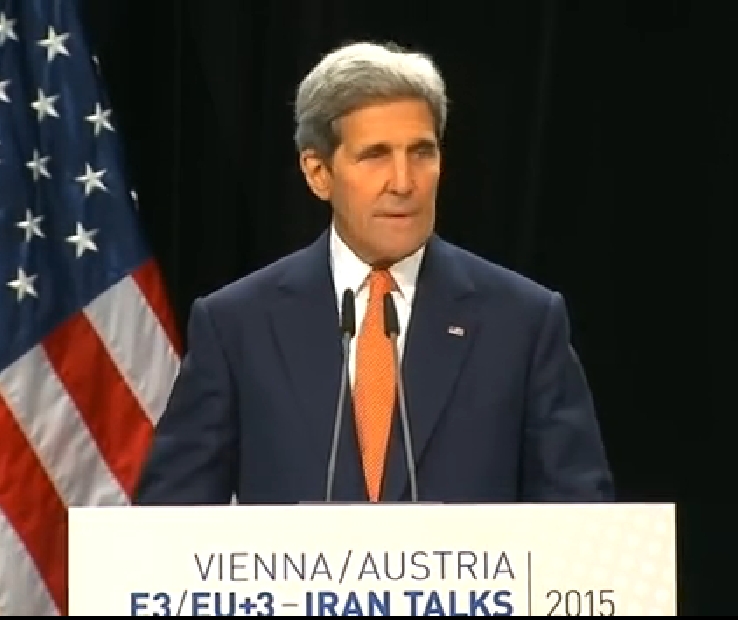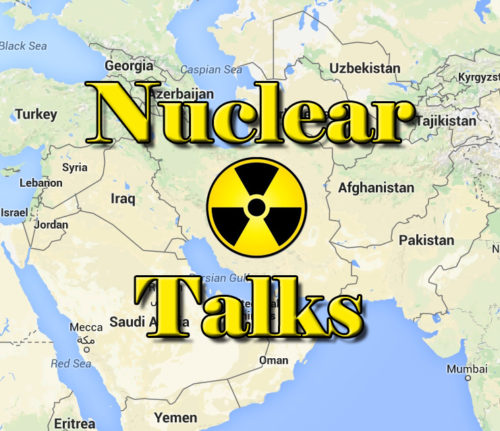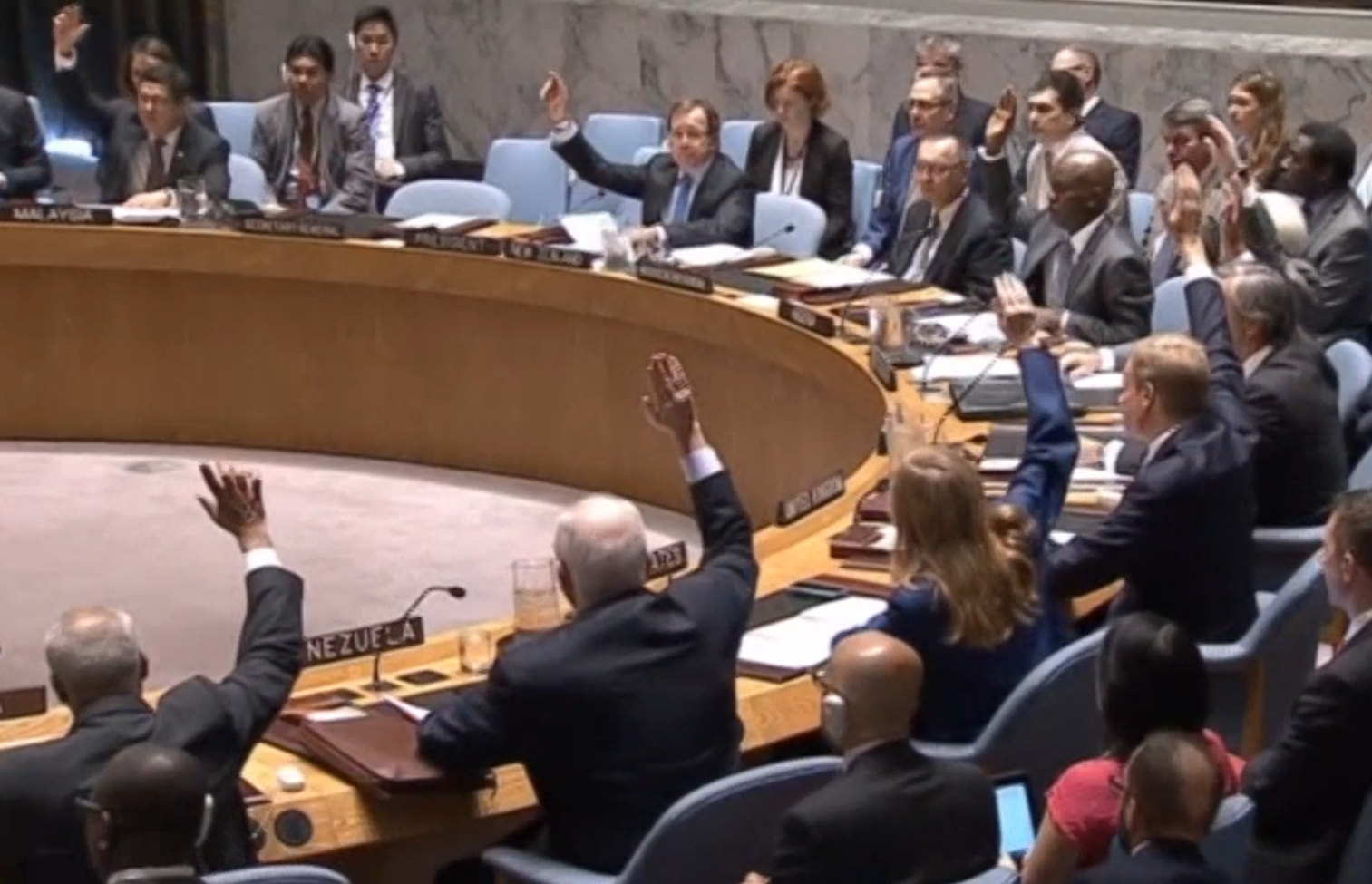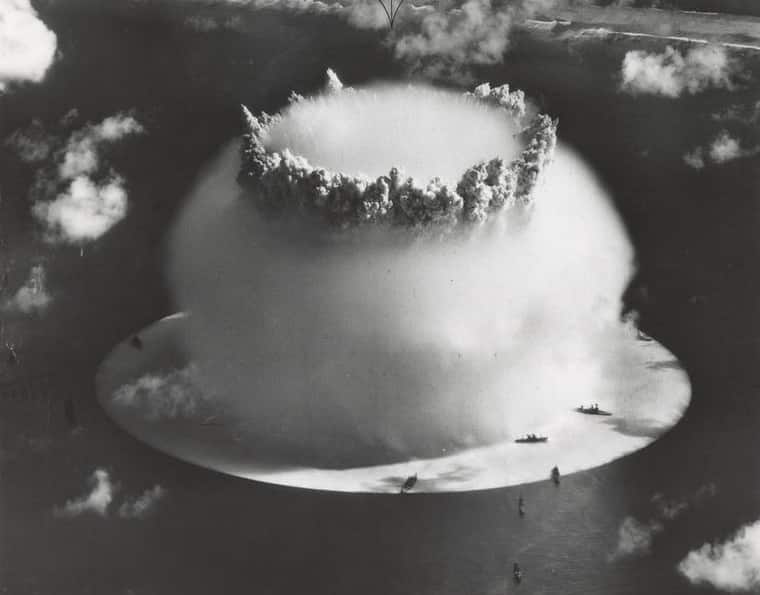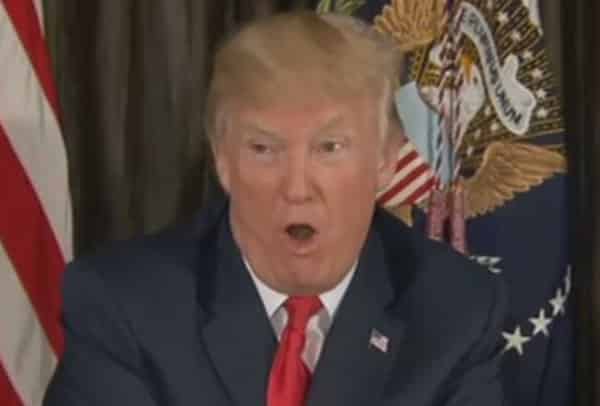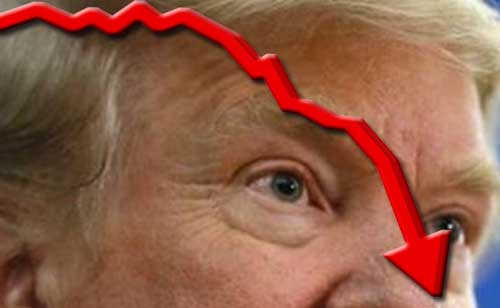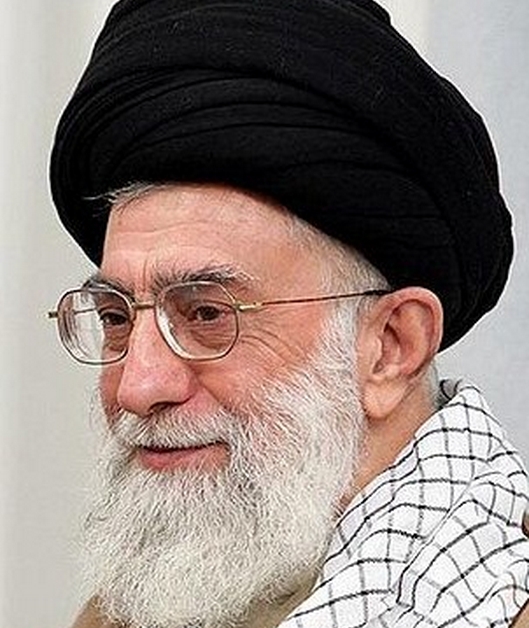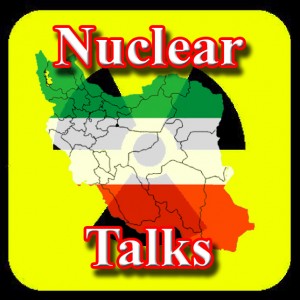 Negotiators from Iran and a group of world powers will hold their next round of talks on Iran’s nuclear program next week in Vienna.
Negotiators from Iran and a group of world powers will hold their next round of talks on Iran’s nuclear program next week in Vienna.
The European Union announced the April 22 and 23 talks on Thursday. The two sides will be working on taking the framework agreement they crafted earlier this month and turning it into a final deal by their self-imposed June 30 deadline.
The group that includes Britain, China, France, Russia, the United States and Germany wants Iran to curb its nuclear activity to ensure it is not building nuclear weapons in exchange for lifting sanctions that have hurt the Iranian economy.
Also Thursday, the International Atomic Energy Agency said it had completed a round of “constructive” talks with Iran as part of an ongoing, but separate, effort to address Iran’s nuclear activity. The U.N. watchdog said that process will continue with more meetings in the near future.
Meanwhile, Iranian President says Iran is in talks to reach a final nuclear agreement with six world powers, not with U.S. lawmakers.
Rouhani’s remarks were an apparent reaction to developments Tuesday in Washington, where President Barack Obama pledged to sign a bill that would subject the agreement to U.S. congressional review.
In a speech to thousands of Iranians in the northern city of Rasht, Rouhani also reiterated his stance that Tehran will not sign a final nuclear deal unless all sanctions are simultaneously lifted.
The Senate Foreign Relations Committee passed a measure Tuesday after a bipartisan compromise that calls for a 30-day review period and for the president to certify every 90 days that Iran is living up to the deal curbing its nuclear activity. Sanctions levied by Congress would be immediately reimposed in case of a violation.
Iran has long insisted its nuclear program is solely for peaceful purposes.
Meanwhile, in Washington, Defense Secretary Ashton Carter said, “There is no deal yet sown up. We’ve made it clear what is needed to satisfy us.”
The Pentagon must make sure there are other options on the table and to help stabilize allies in the region, Carter said Thursday speaking at his first Pentagon press conference as U.S. defense chief.
He added that the Russian sale of an S-300 air defense system to Iran is “accounted for in all of our planning,” and the “plan is intact.”


